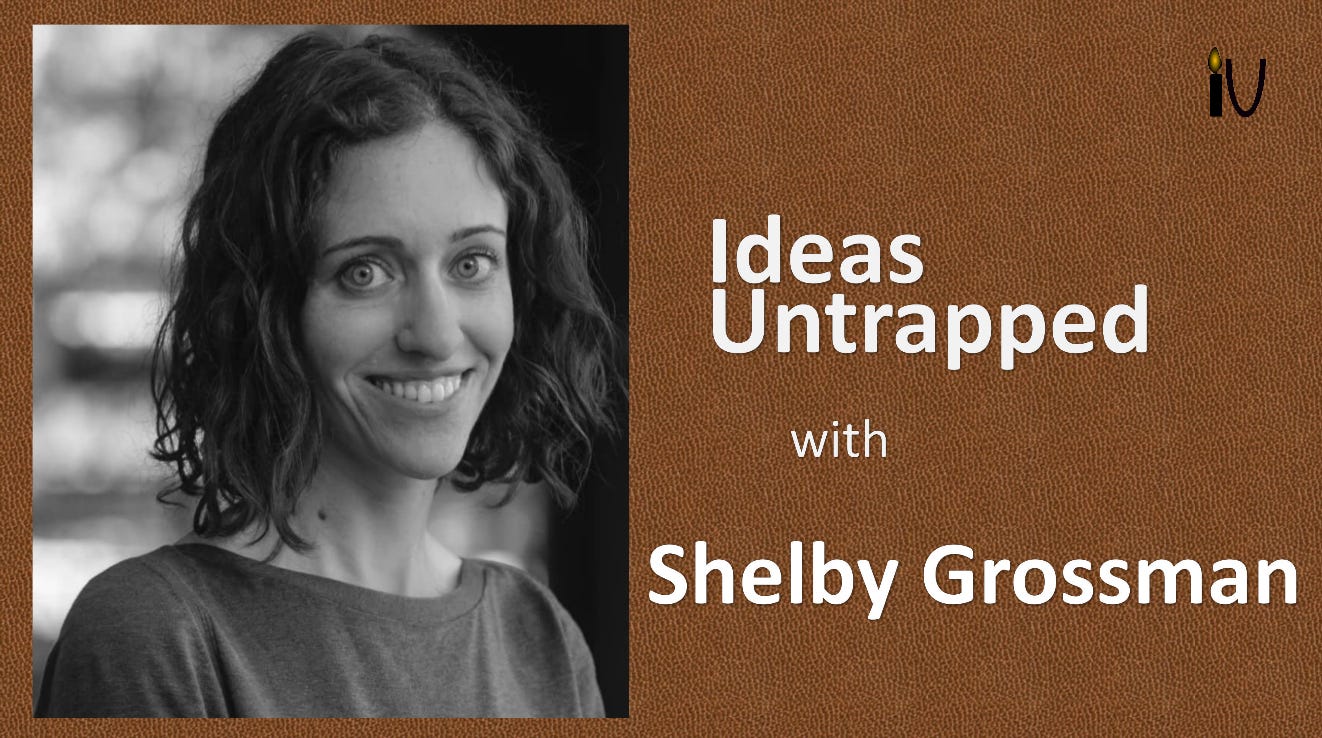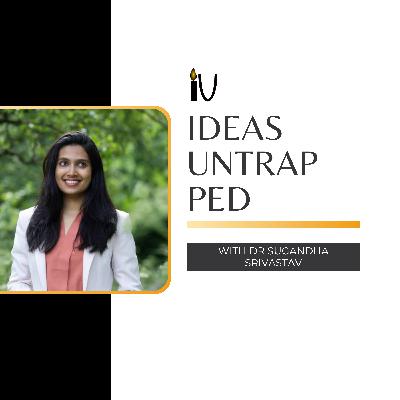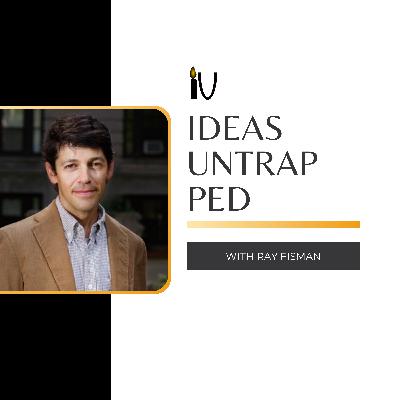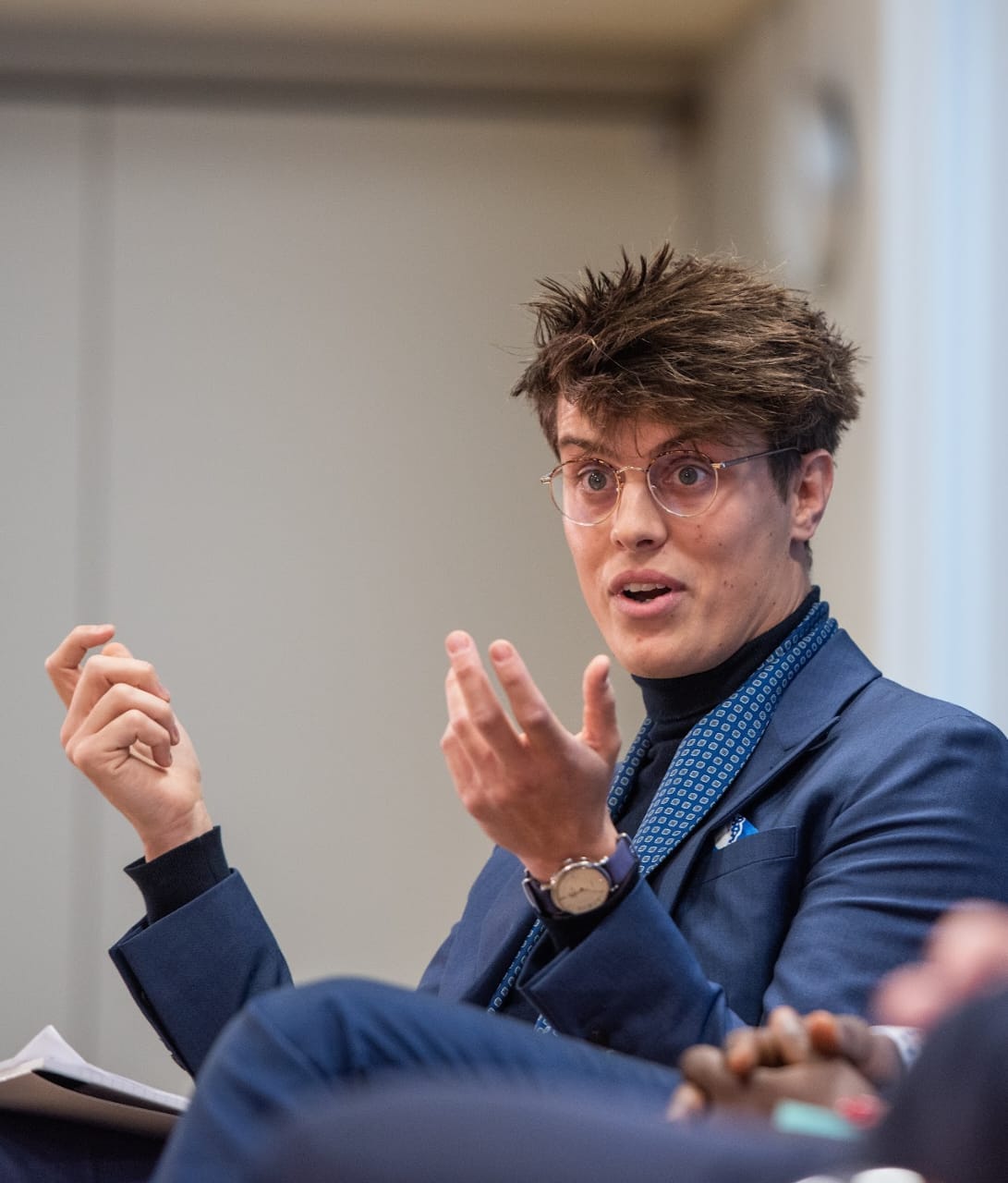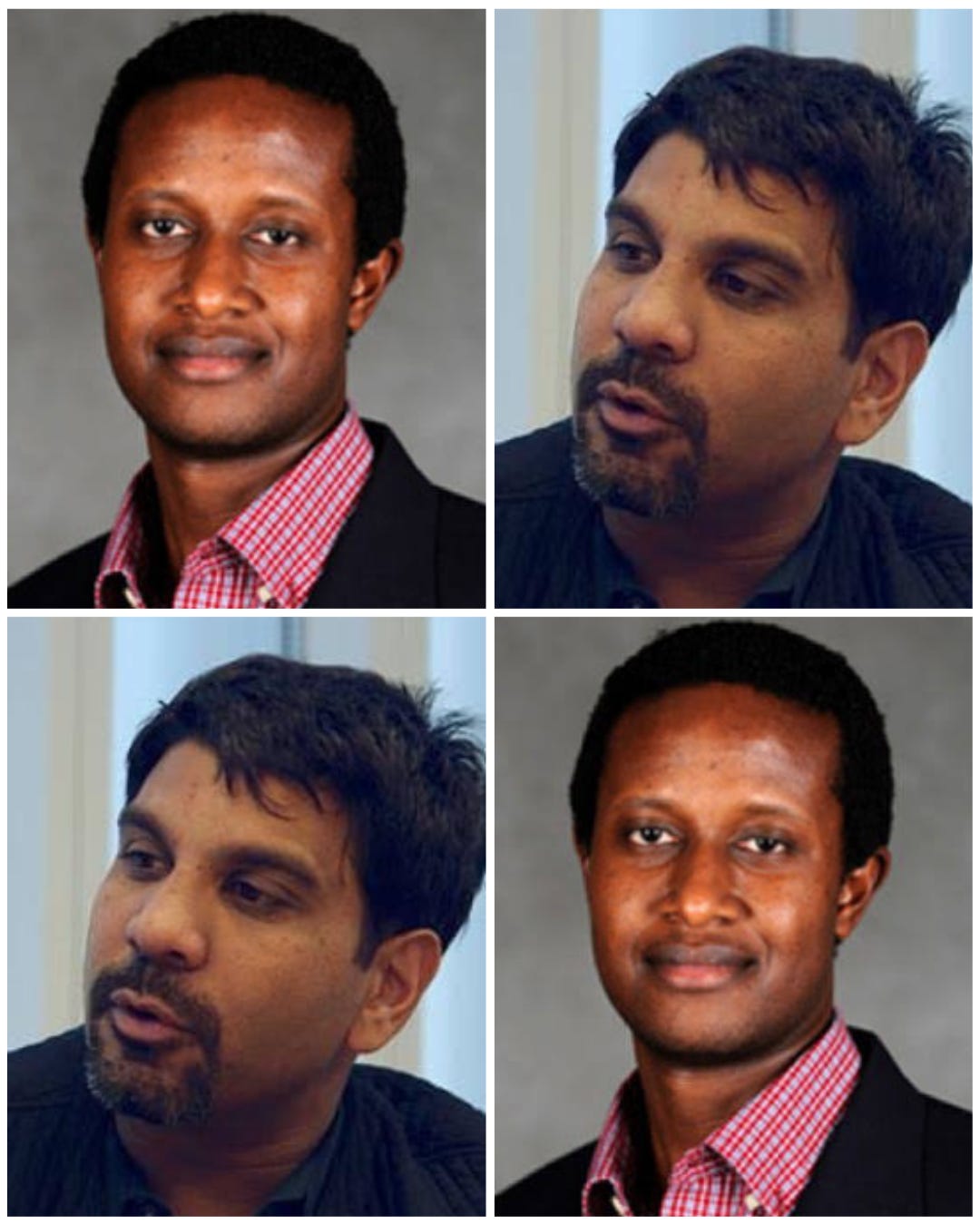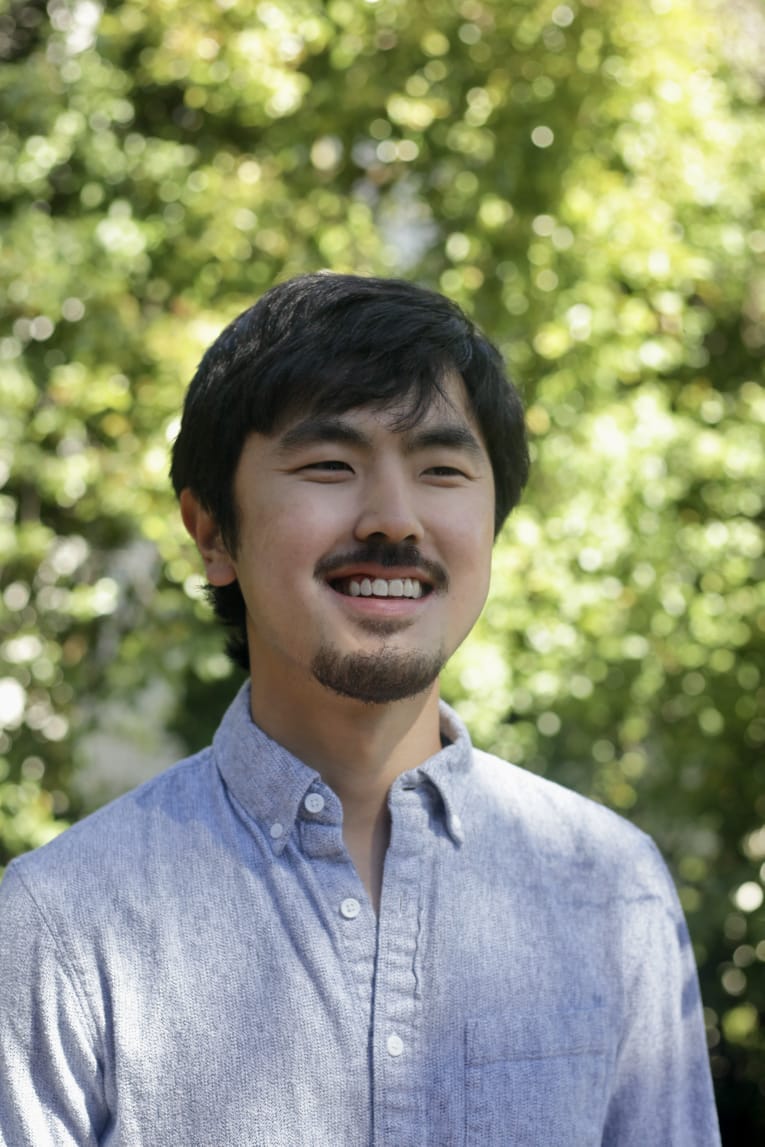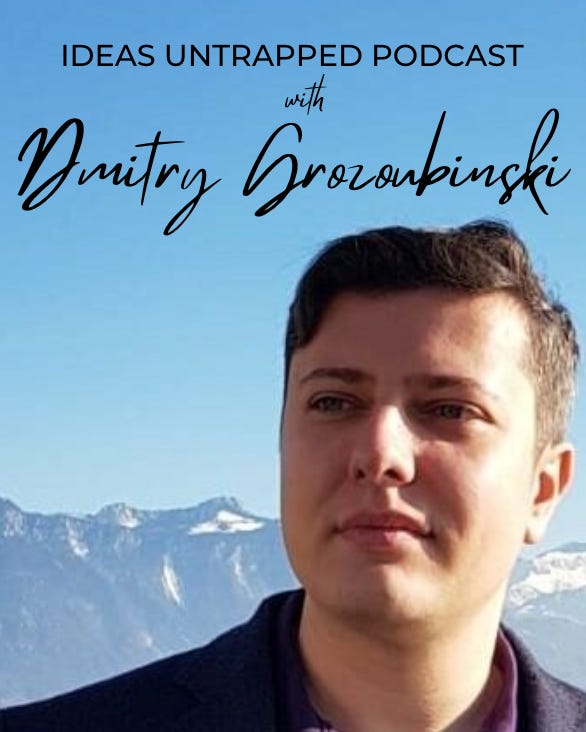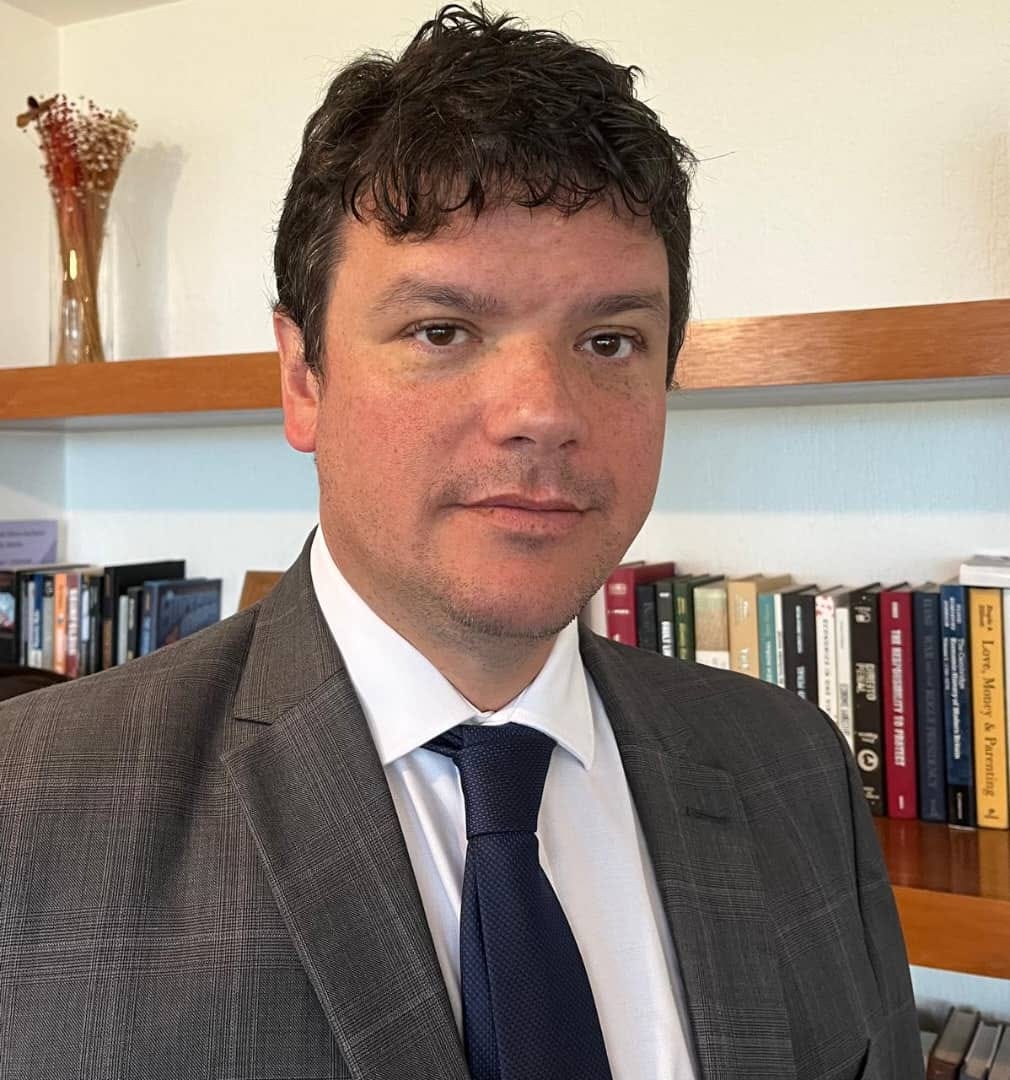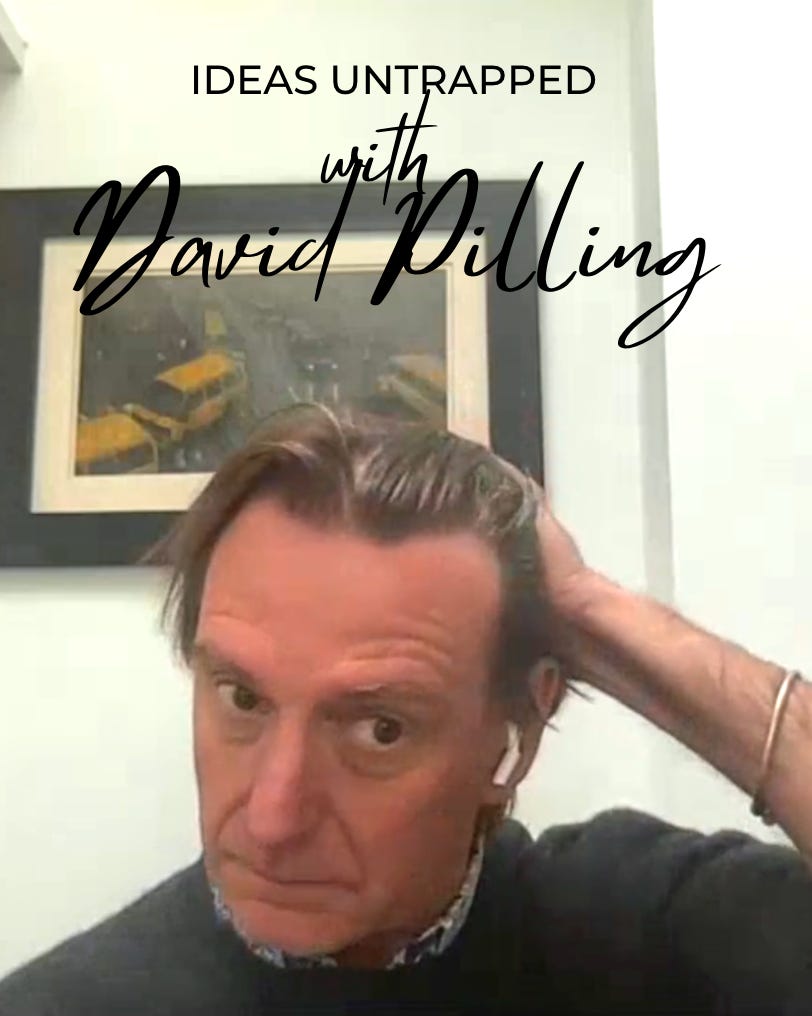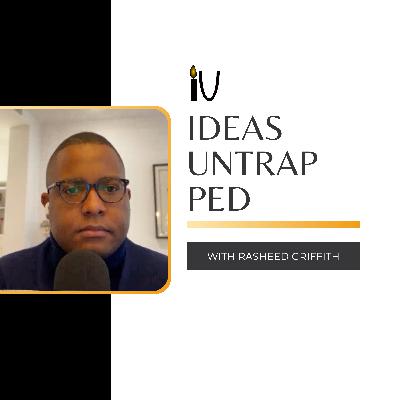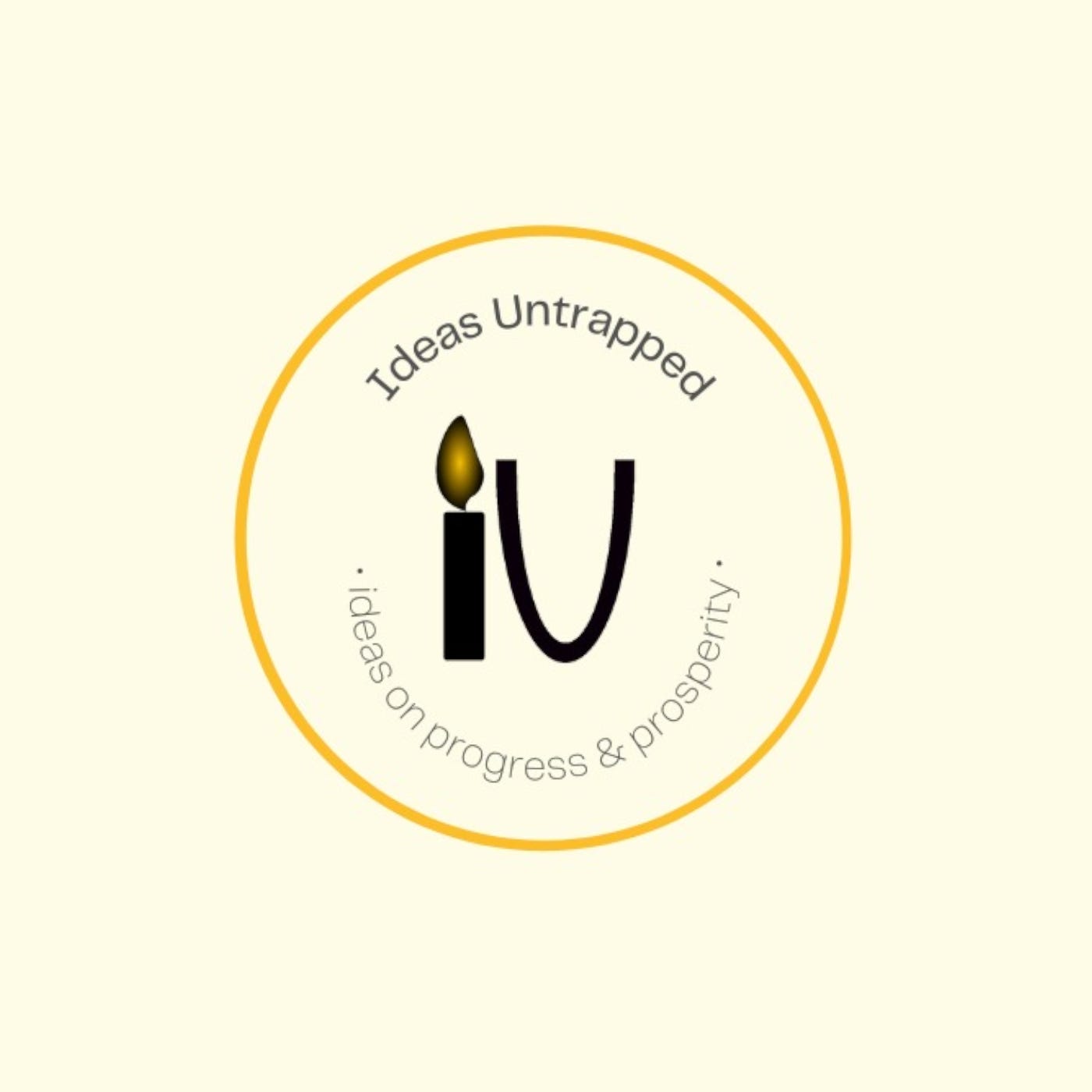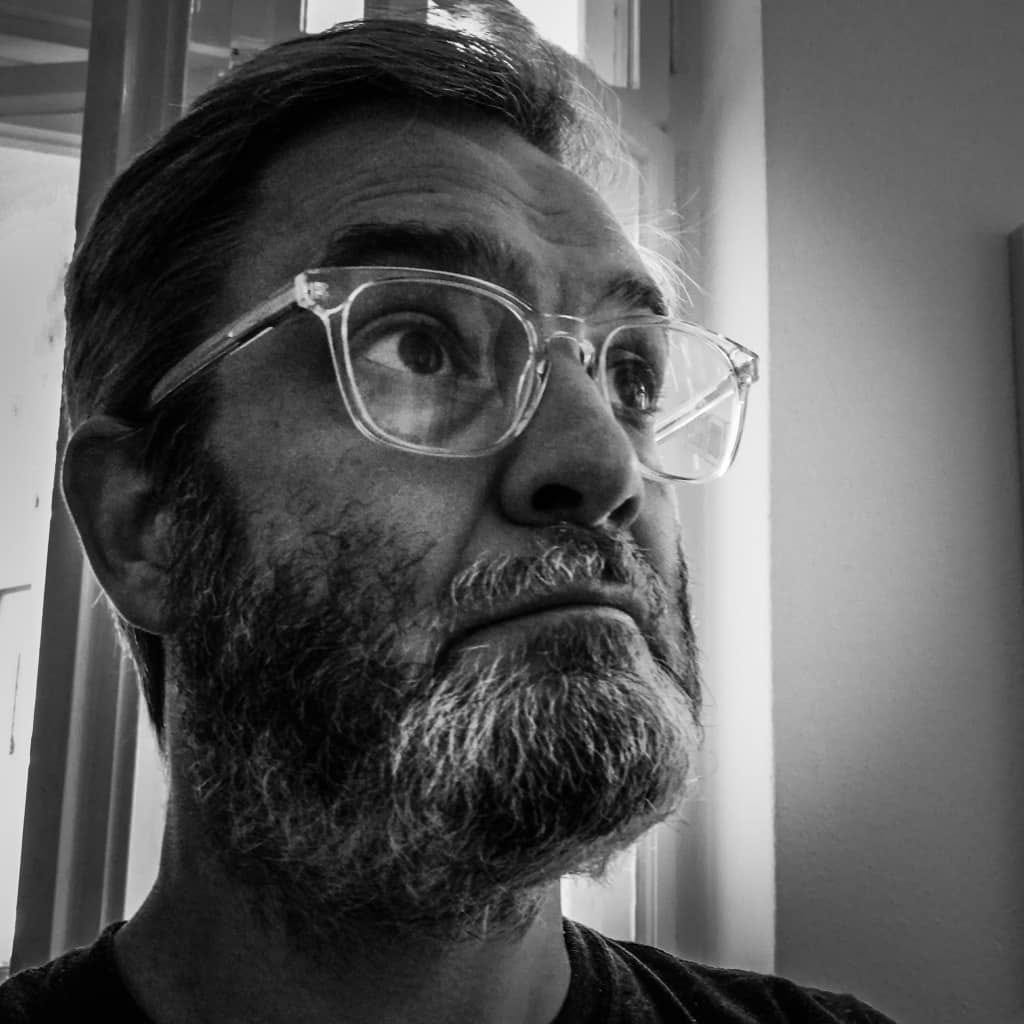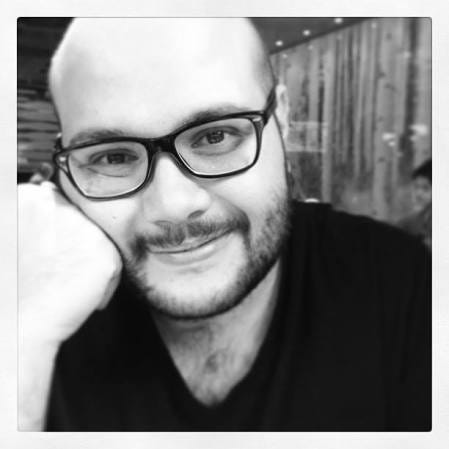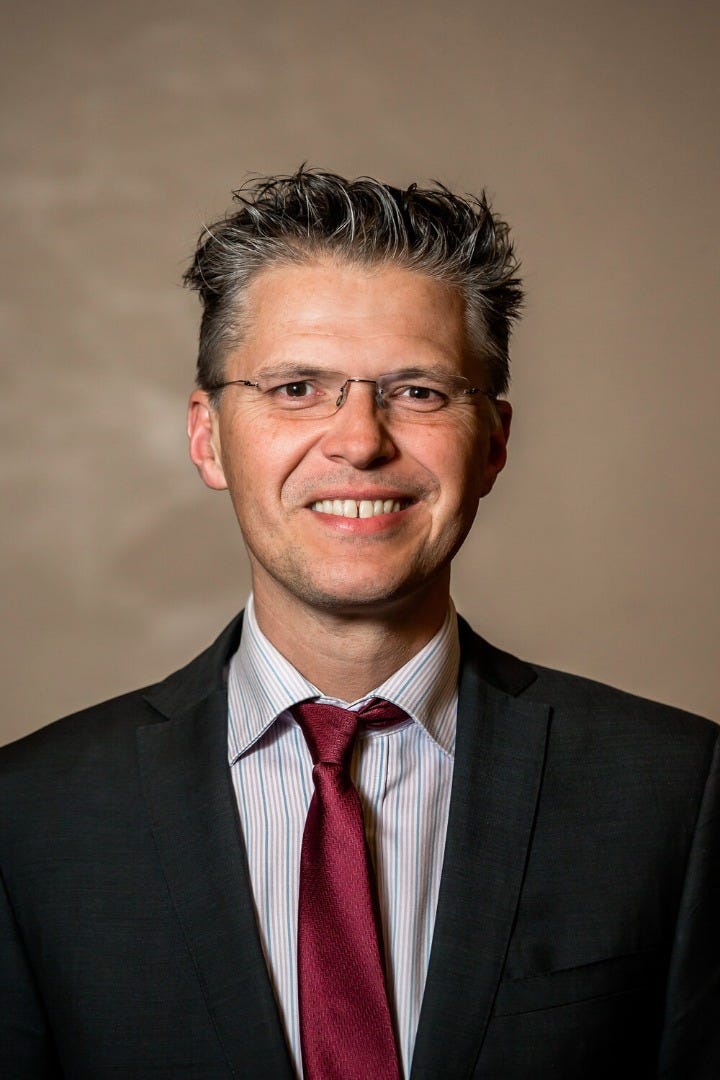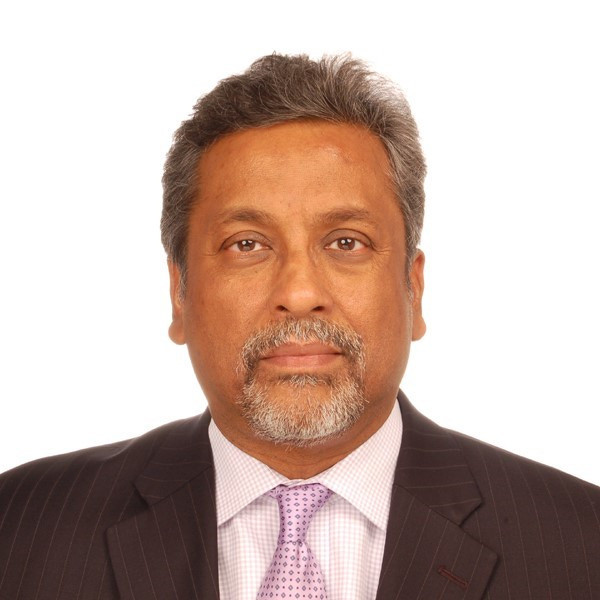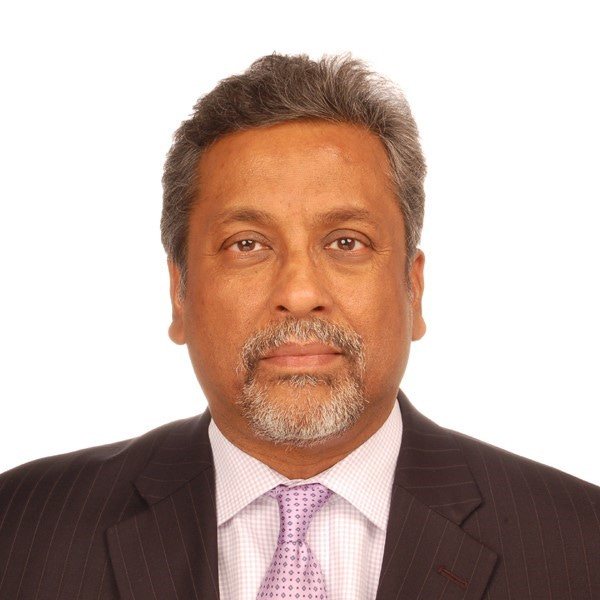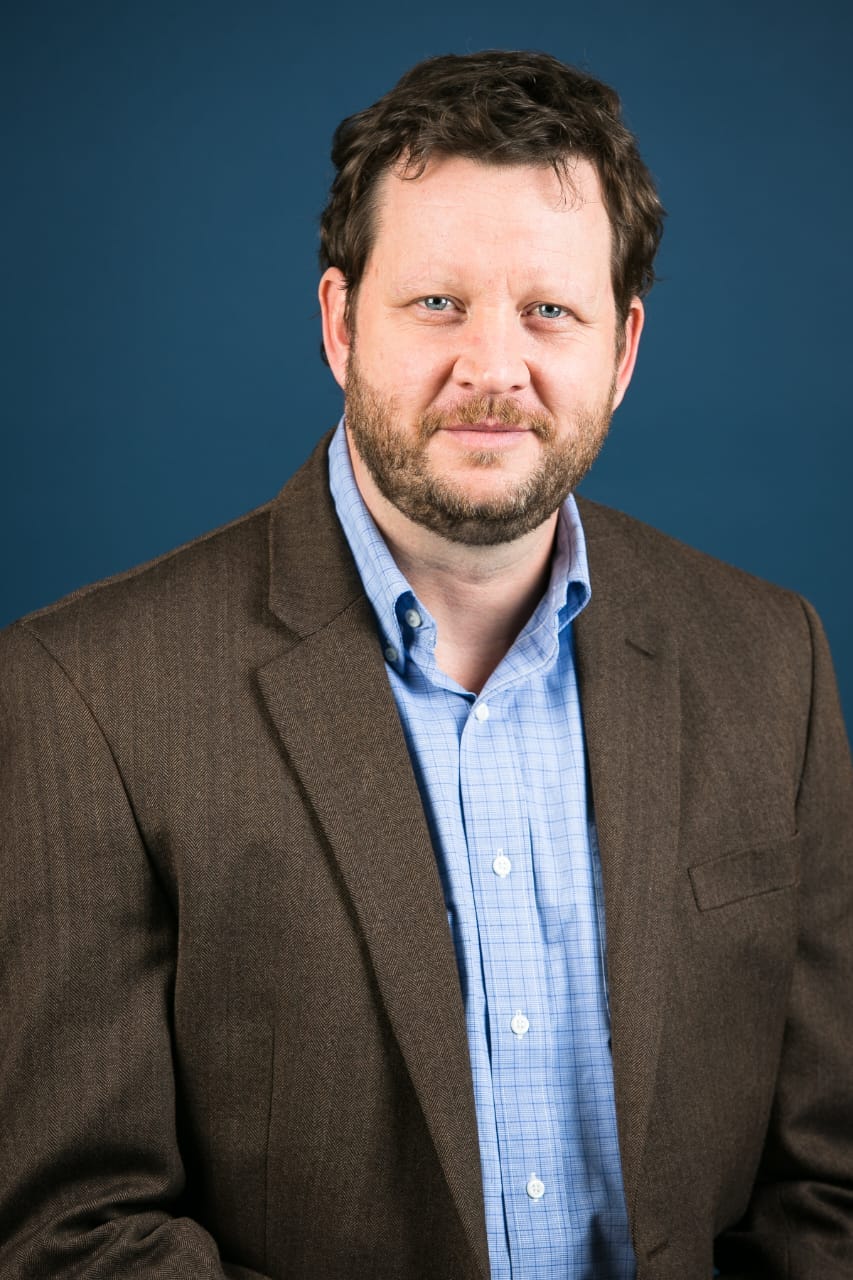Meta-Institution from the Bottom Up
Description
I had a very interesting conversation Shelby Grossman - political scientist at Stanford University. We talked about her research on informal trade in Lagos, and what we can learn generally about how institutions form from her findings. You can read this essay for a general background and explanation on what Shelby and I discussed on this episode.
Download and other listening options are here - and you can kindly give us a rating here.
Transcript
TL: Today, I am on with Shelby Grossman. Shelby is a research scholar at Stanford Internet Observatory and she is a political scientist. Welcome, Shelby. SG: Thanks so much, Tobi, for having me. TL: One question I would like to start with is that institutions that promote prosperity and positive economic activities like trade, like property rights, how do they develop in countries that do not yet have them? SG: Yeah, that's a great question and a lot of political scientists try to figure this out and you know, no one knows for sure. So there are many political scientists who think that there is a correlation between democracy and rule of law and contract enforcement. But I think what is interesting to me is how even within the same country, in different places, you can have different levels of rule of law and different types of property, of contract enforcement. TL: What are the patterns and the correlations that you noticed that really stand out from your research over the years? SG: In terms of property rights protection?TL: Yes.
And so what I've observed, I think the main pattern is that good private governance, good private contract enforcement, is more likely when the state is actually threatening the group - SG
SG: I think the thing that I have observed is, you know, a lot of people tend to think that when the state does not provide property rights protection, that private groups will emerge to provide this service. So private groups will emerge to provide impartial contract enforcements and those types of services. And the pattern that I've observed is that that doesn't always happen. So sometimes you have private groups that emerge that actually extort from their own group members. And so what I've observed, I think the main pattern is that good private governance, good private contract enforcement, is more likely when the state is actually threatening the group. So when the state threatens to intervene in a private group, that's when the group organises to provide these services. And in the absence of threats from the government, private group leaders actually extort from their own members. TL: I think that's one bit I found most fascinating from your field study in Lagos. I mean, usually, the intuition is that without government intervention, people would handle their business, enforce property rights within their groups. But, which I found counter-intuitive in a way, you're saying that the threat of government intervention actually promotes institutions that protect the interest of group members. What are the channels for such emergence?SG: So there are a couple of channels. To make it more concrete, my research focuses on markets associations in Lagos, so these are like when traders organise themselves or when traders are all in like a certain area and then they elect one of their own traders to be the head of the Market Association. And so to make this really concrete, there is one Market Association that I find super fascinating. It's called Oke-Arin in Lagos Island, it's predominantly a wine market. And this is a Market Association that, at least, at the time that I was studying them, they were kind of a paragon of good governance. So the market leader did all sorts of things to promote trade in the market. If a supplier sold one of his traders bad wine, like substandard wine or falsely labelled wine, he would organise a market-wide boycott of the supplier. And by doing things like that you just make it less likely that suppliers are going to cheat anyone in the market because they're afraid that they too will be boycotted. So what explains this? What is the reason for why this market is so well-governed and what I found from talking to the market leader and lots of traders is that this market is really threatened by NAFDAC, the National Food and Drug Administration, is that right? TL: Yes. SG: So NAFDAC has lots of authority to intervene in Oke-Arin and if they catch a trader selling falsely branded wine or substandard wine, they can arrest the trader. And so it's in the face of that state threat that the market leader does super aggressive policing of his own traders. So if he catches a trader selling falsely branded wine, he will lock up the shop, he will confiscate the goods. And he told me, literally...he said that 'the reason I do this is because I want to keep NAFDAC out of my market.' And you know when NAFDAC comes, it's not just NAFDAC. They come with the mobile police who are, kind of, a frightening sight sometimes, I'm sure you've seen them, they have those like big guns and the trucks and they scare away customers and so the market leader thinks it's in the best interest of the market to try to keep these people out of his market. And he does this by really regulating the quality of the goods that the traders are selling. So to step back and abstract from that, I think one channel is that when you face threats from the state, you want to keep them out of your business and so the way to do that is to not give them any excuse to intervene. And to not give them an excuse to intervene, you need to be kind of keeping your house in order, essentially.TL: Yeah. And maybe I'm trying to project too much into this one study. I'm just wondering, the findings...does it scale into other areas of the society? Like the relationship between citizens and police?SG: Interesting, tell me more about what you're thinking there? TL: Oh yeah, so what I'm thinking is, for example, there's been a movement, largely on Twitter, about the anti-robbery squad in the police called SARS. They're abusive, Amnesty just did a report recently about police brutality, which is pretty damning. They're abusive. There is no rule of law. Citizens basically have no rights when it comes to their relationship with the police. So I'm looking at this study as... if you have citizens' groups like the market associations, can they extract compromises that further entrenches the rule of law and the value for obeying the law and respecting rights in that arrangement the way we do with market associations?SG: Yeah, that's really fascinating. I think you definitely do see market associations negotiating with [the] police, negotiating with government officials. So the main way you see this...and let me know if this is not answering your question... the main way you see this is with the local government. So local government fees are set at the market level. So you can have two trade us in the same local government, but they will pay different fees depending on what market they’re at. And typically what happens is the market association negotiates with the local governments over fee collection and you can argue that this is kind of a way of encouraging rule of law, at least for, like, the well run market associations. Because sometimes market associations negotiate with the local government in a way that only benefits the market leader; essentially, the market leader and the local government are like colluding against the traders. But when it works well, what's happening is the market association is making local government taxation more predictable for the traders, more fair and I think that in itself is a form of strengthening the rule of law, because traders don't want to have unpredictable visits from my the local government where each time they come, a new fee is charged because that really makes it hard for traders to make plans for their business when they don't know what their level of taxation will be. So I think in that way - and many other scholars of argued this as well, I'm not the first person to say this - by having organised societal groups negotiate with different government entities, it can be a way of creating rule of law. The downside is that they're only creating these agreements for themselves, so it's not clear it's going to affect anyone other than the market association that's doing the negotiation. But I would argue that that's better than nothing and that is maybe the first step to a more like generalised rule of law. TL: I think you just went where I was going with that question that how does what is generally viewed as the ideal institutional form, how does it emerge from such group arrangements? And what I mean is constitutional individualism. That is, you, as a citizen, have a rights and your rights are protected and secured under the law?SG: Yeah, so there are different theories, one big theory is that war can actually make this more likely. For example, in Europe when, you know, various territories were about to be invaded, the way that they were able to defend themselves was by taxing people. Because taxes would help them pay for people who could fight off these attackers. But people aren't just going to agree to be taxed just, like, easily. They're going to want to hold onto their own money, and so the way that leaders were able to get people to

